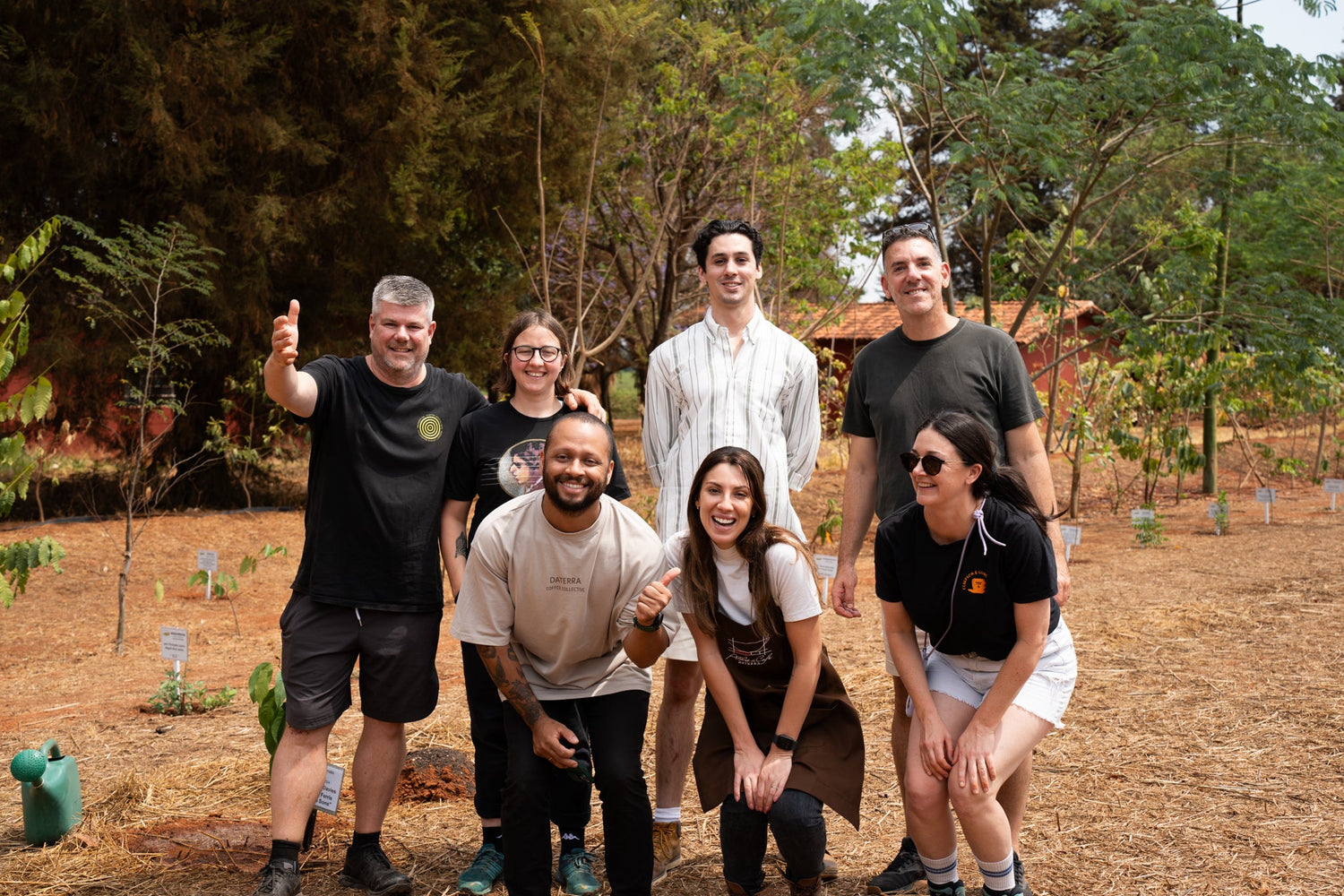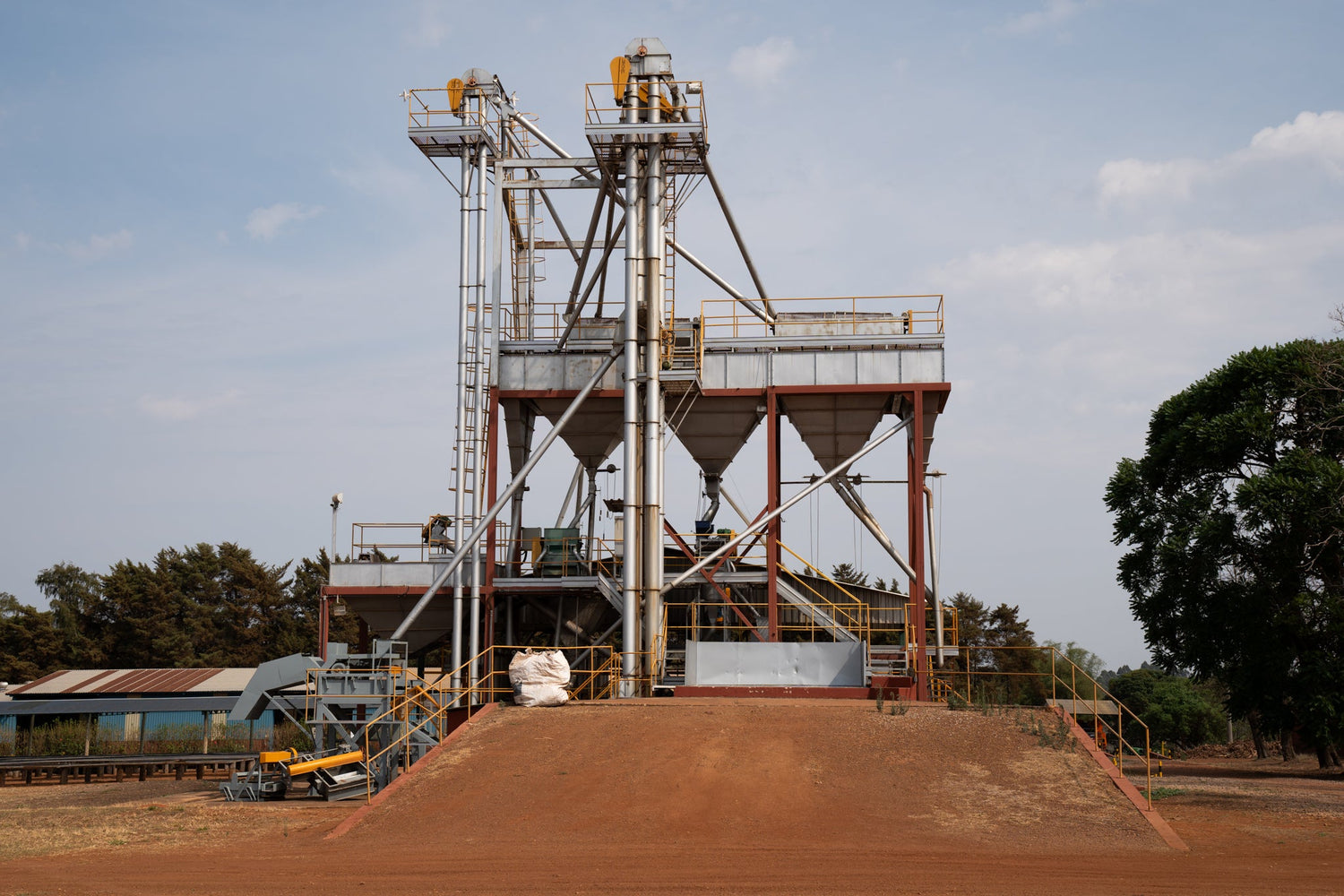Our Head Trainer and technician Daniel Say has completed his SCA training certificate which means: we can train you guys to receive the training and knowledge that you need to become a skilled barista.
When it comes to SCA training it’s good to know where you can get started and what you’ll be able to learn from the course.
Being a barista is much more than the sum of its parts, learning the basics is simple - but mastering them takes time and commitment. With this in mind, we provide the training that you’ll need to get you to where you want to be.
The SCA Introduction to Coffee course is ideal for anyone who is new to specialty coffee. It charts coffee’s journey from its origins to the major commodity that it is today - Coffee enthusiast or Coffee Professional just, beginning their journey, it's a great gateway into the world of Speciality Coffee.
The Barista Skills Foundation course focuses on the key skills required to set a grinder, make espresso and texture milk for cappuccinos. This course allows one to gain an introductory understanding of the coffee itself and set a foundation from which to build practical skills for milk technique and latte art, while implementing health and safety practices and customer service.
The Barista Skills Intermediate course builds on the concepts and skills introduced in the Foundation course. It is ideal for someone who has barista skills experience and wants to explore how to improve coffee quality and prepare for more complex job functions found in the barista profession.
The Barista Skills Professional course is designed to test advanced skills and detailed knowledge of the science behind processes used by a professional barista (for example, a barista with 12 months or more of work experience). Successful candidates will have explored and demonstrated the advanced skills typically expected of a head barista. In particular, participants will learn a sophisticated tasting methodology and descriptive explanation of coffee flavours; gain a detailed understanding of drink ingredients and the techniques available to maximize the quality of the drinks made, understand how to manage the skills of others to produce quality drinks, demonstrate an understanding of how to develop brew recipes and a systematic method of structuring beverage menus, and finally be able to consistently apply the highest standard of latte art and milk steaming techniques.
Further information with our head trainer Dan…
How did you get started in coffee and your own coffee training? And, what made you want to get SCA certified?
"I started in coffee through working in bars and restaurants and becoming obsessed with the coffee machine. I had no idea what I was doing, but I really loved being on the machine during the Saturday coffee rush! From there I got a job in my local speciality coffee shop…and the rest is history!
I wanted to get my SCA qualifications to have something quantifiable - to prove my commitment to an industry that is so wonderful to be a part of. Also, there's so much conflicting information on the internet, I wanted to know that what I was learning was the right thing."
What does it mean to be an ‘AST’? And why do you enjoy teaching even though it involves saying the same things, over and over again?
"To be an AST means people putting their trust in you - they’re trusting that you’ll be approachable, knowledgeable and accommodating. It means being able to adapt to everyone's learning style and being patient.
I enjoy teaching because no two trainees are the same - everyone learns in different ways, everyone has different levels of knowledge. Some people are more practical learners, others learn by just listening. Not only are no two trainees the same, but no two training sessions are the same and that can make your day super exciting and rewarding."
What’s the best entry point for someone who doesn’t have any experience? And what if you already have experience?
"The best entry point into Speciality coffee if you have no experience is to just drink as much coffee as possible! Go to coffee shops, talk to the baristas (they all want to talk about coffee! I promise), buy coffees from countries and roasters that you’ve never tried before - the more you talk about it and the more you drink it, the more you learn."
What are the different SCA modules and levels available? What are the general requirements and course length?
"Intro to coffee - this is for everyone! Home barista or new to the industry, there's no requirements at all! This is a half day course.
Barista Foundation - again, for anyone - but super useful for anyone wanting to start a career in coffee, this takes the basics from the intro and builds on them, from farm to cup and a little more. This is a one day course.
Barista Intermediate - This builds on everything you’ve learnt in the Foundation, it's perfect for someone that has experience but wants to build on that. There's a more in-depth look at origin, processes, grind size, extraction, water quality and their impact on the final cup. This requires either a decent amount of experience/ Knowledge or you have passed the foundation course. Its a two day course
Barista Professional - This is a course designed to take an in depth and scientific look at all the stages of coffee production. From farm to barista and everything in between. You will learn a more sophisticated tasting methodology, how to plan your own shop layout, how to apply skills in a shop environment and how to manage the skills of others whilst maintaining the highest quality standards.
This requires a year's experience in a Speciality coffee setting and having previously passed the Barista Intermediate."
On a personal/individual level, is coffee training worth the time and cost?
"Whilst it’s not for everyone, I would fully recommend it for anyone wishing to progress within the industry. Gaining a qualification not only gives you a massive sense of achievement, it also shows prospective employers how dedicated you are to your craft. Not only that, but the sheer wealth of knowledge that you can absorb and apply is invaluable."
If I’m looking to do a course, what should I look for?
"Look for a course that suits your needs and what you want to gain from it.
Booking a Barista Professional Course after 2 months in a shop will place a lot of pressure on you and the experience won't be fun or useful. However, The Barista Foundation would be fun, insightful and a positive experience."
Tell us about what makes the Climpsons Academy so good?
"We have all the equipment you could possibly need, our trainers have over two decades combined experience and our dedicated training room has been specifically designed to facilitate a wide range of learning styles.
And as an added bonus, the coffee is fantastic - so you can be assured that you’ll be drinking delicious coffee throughout your time with us."
Is there a benefit for business owners to facilitate and support their staff getting SCA trained?
If you would like to book a course, you can here



